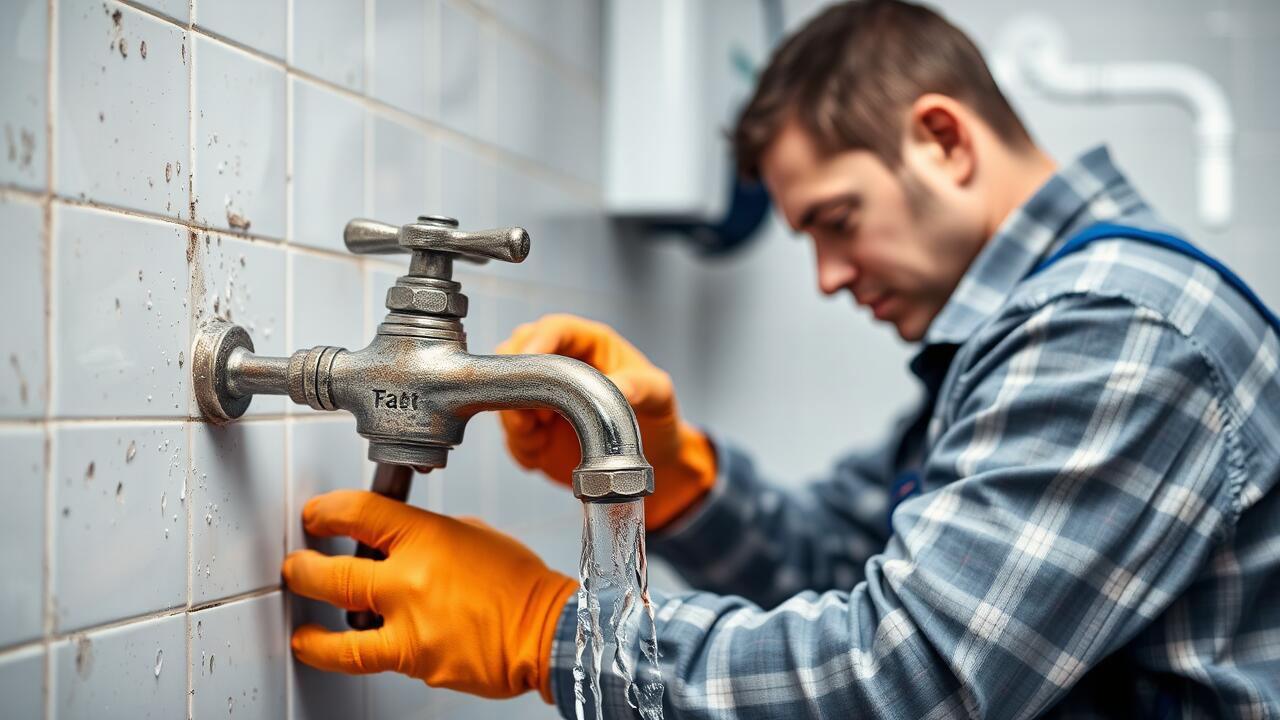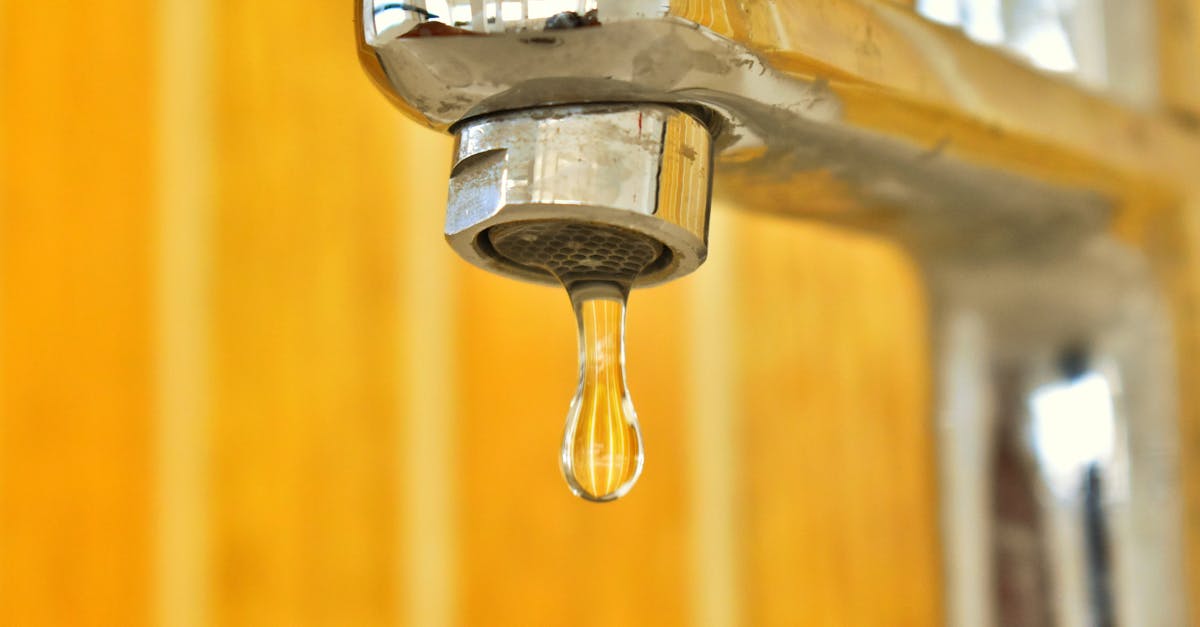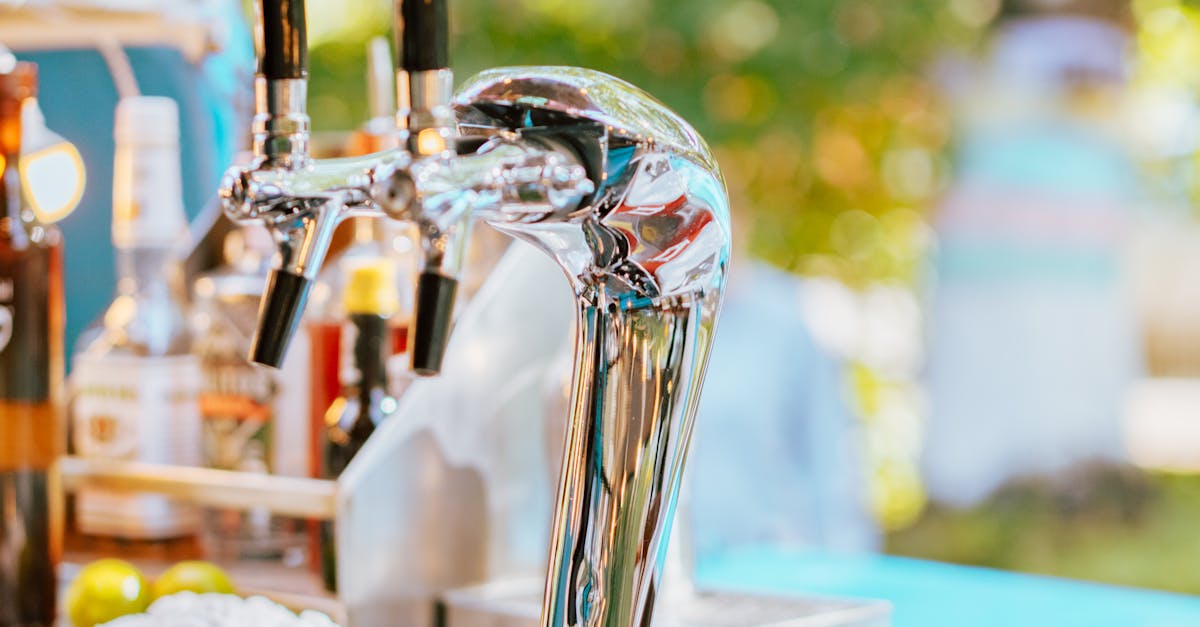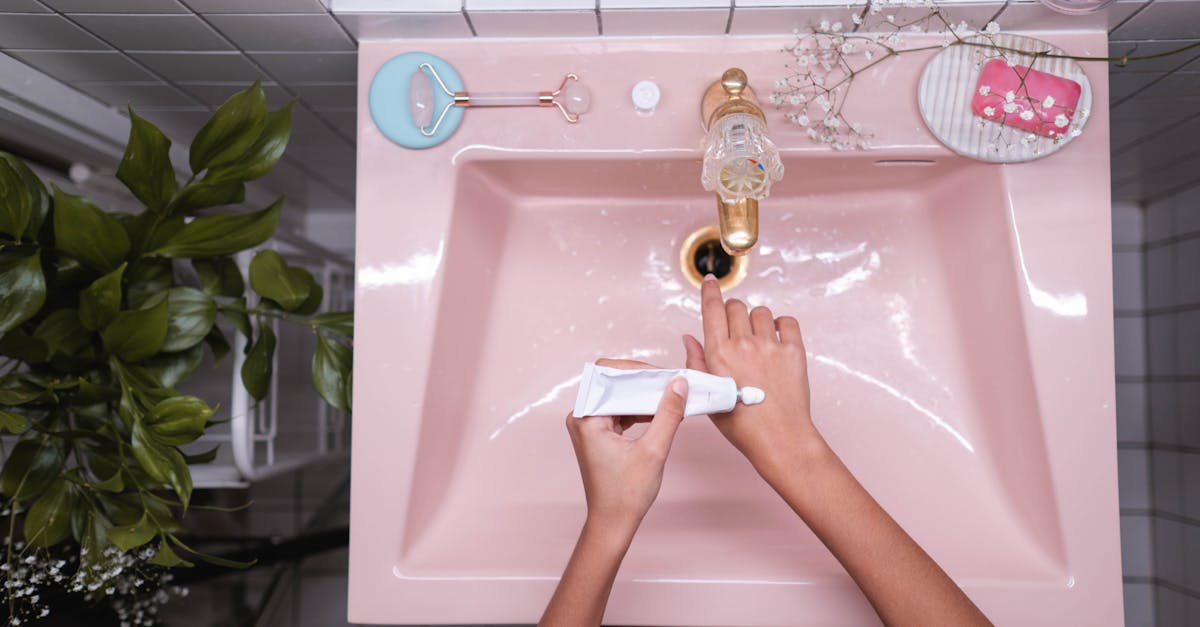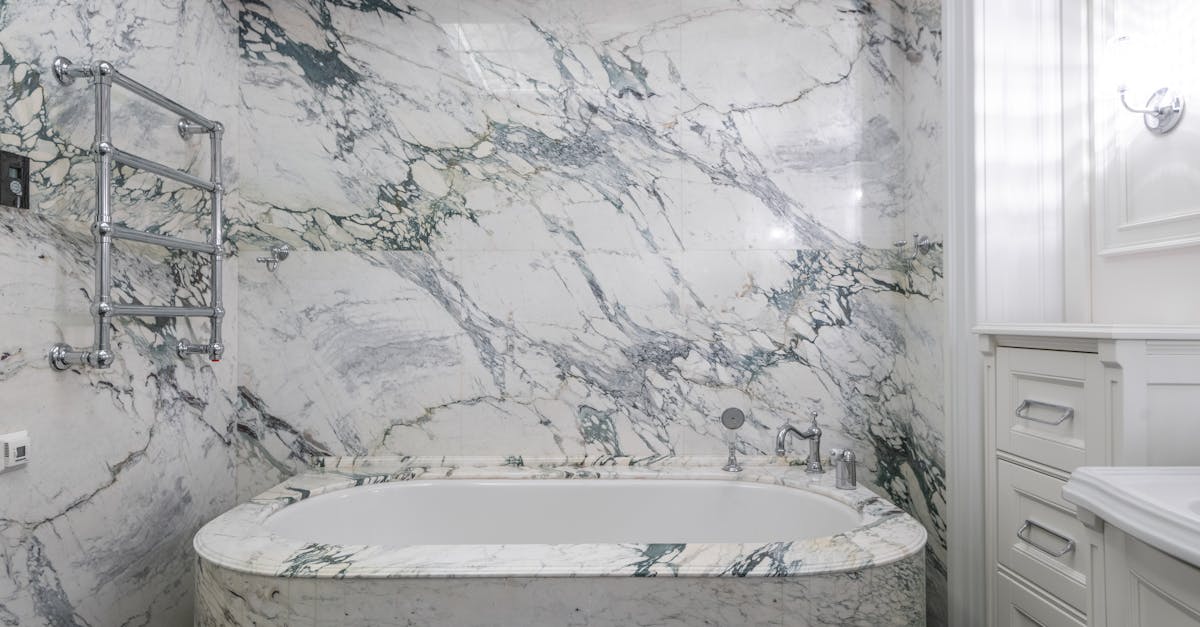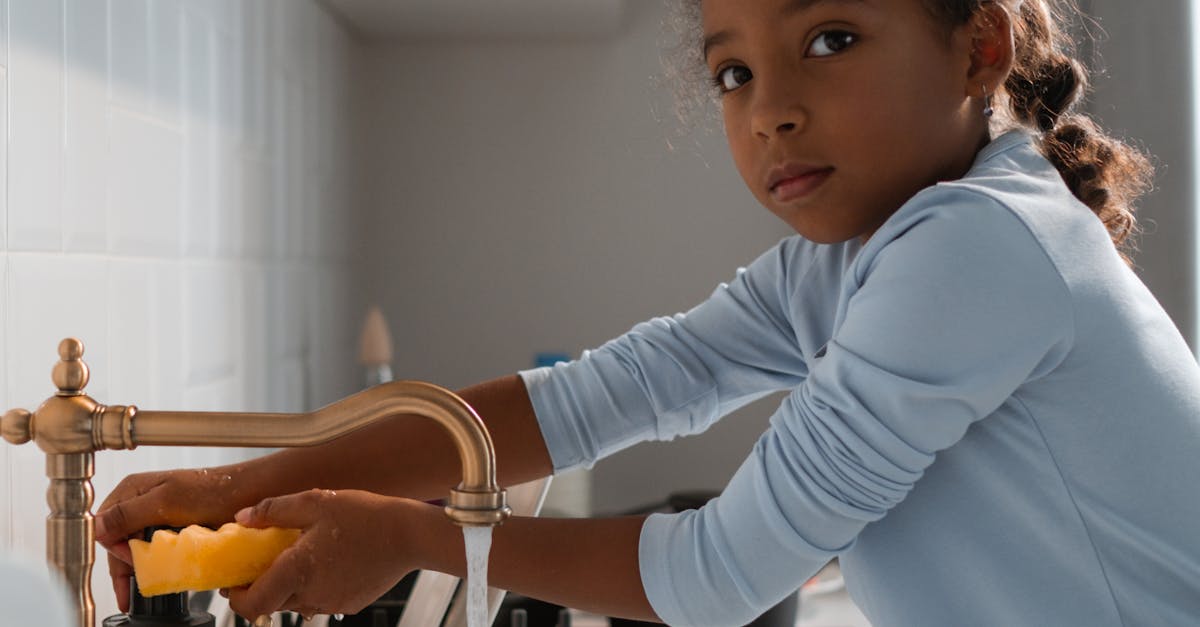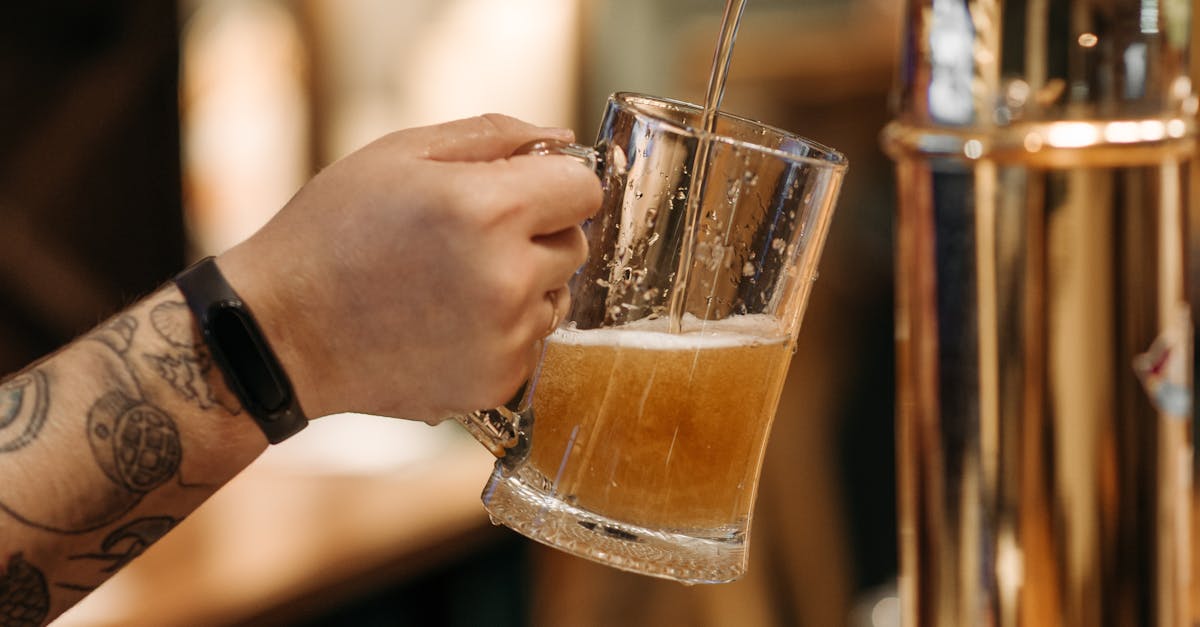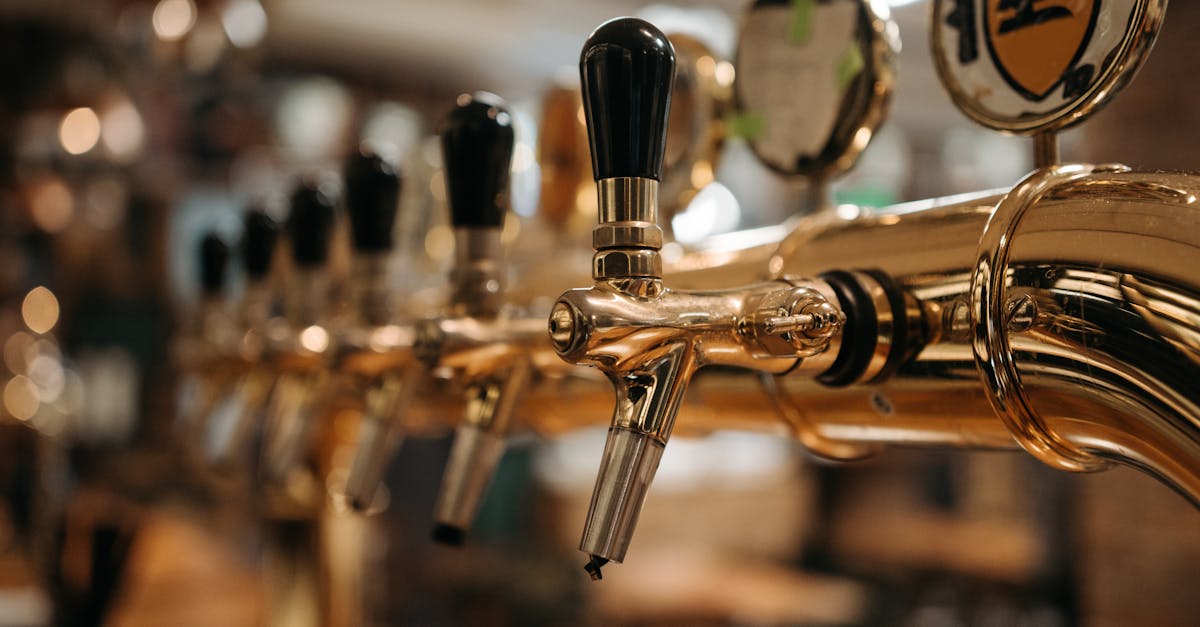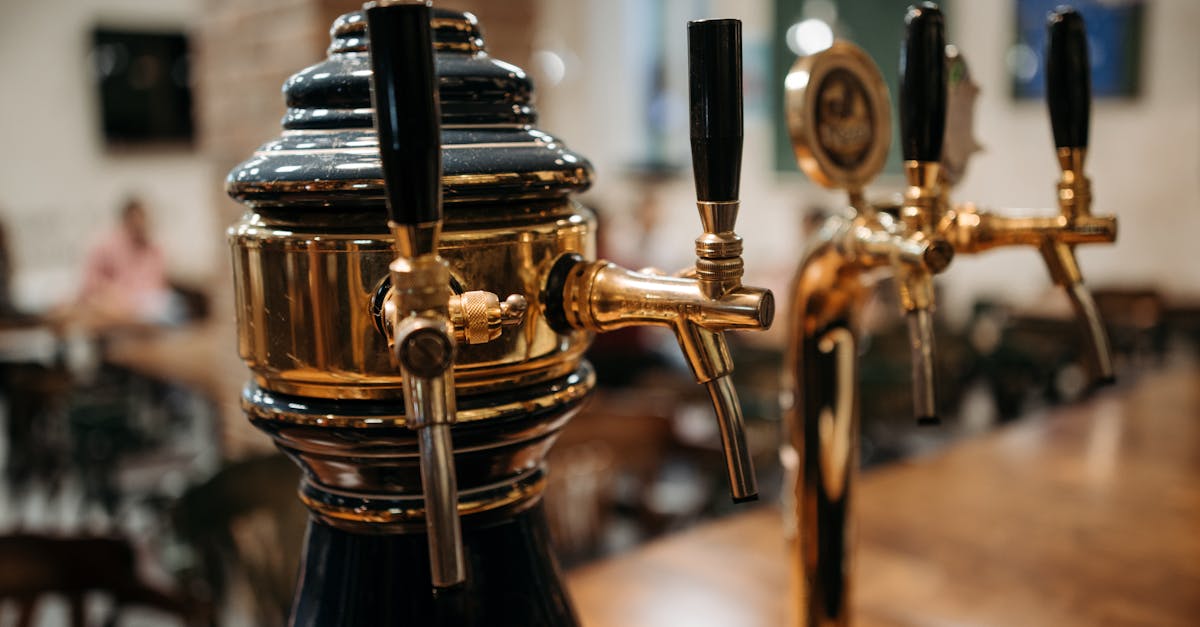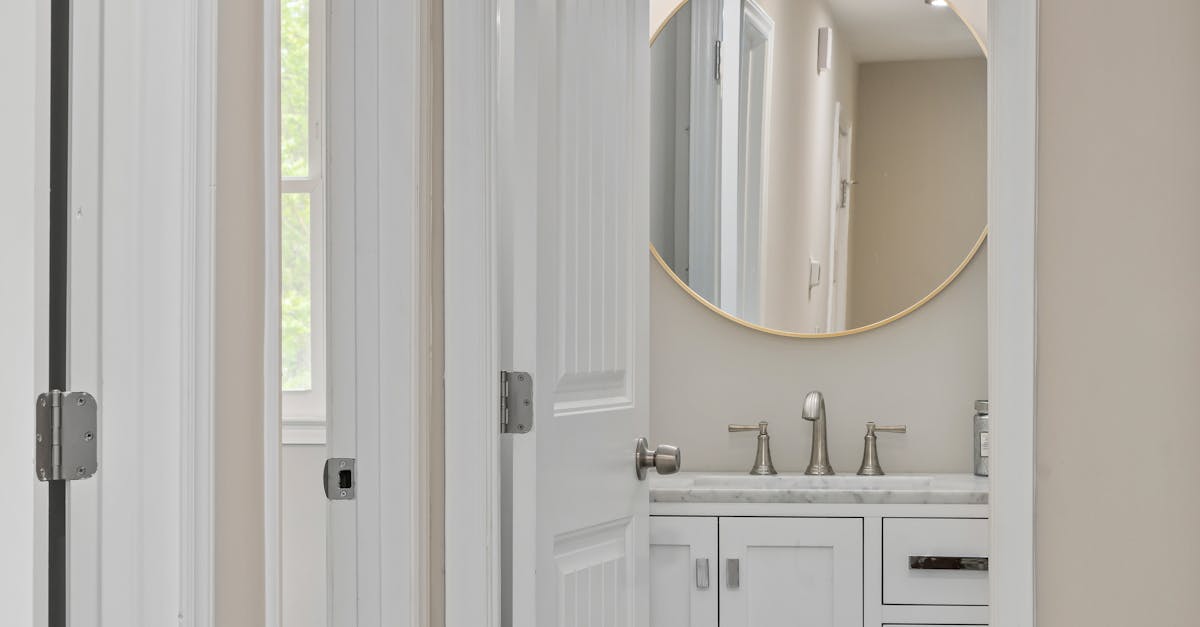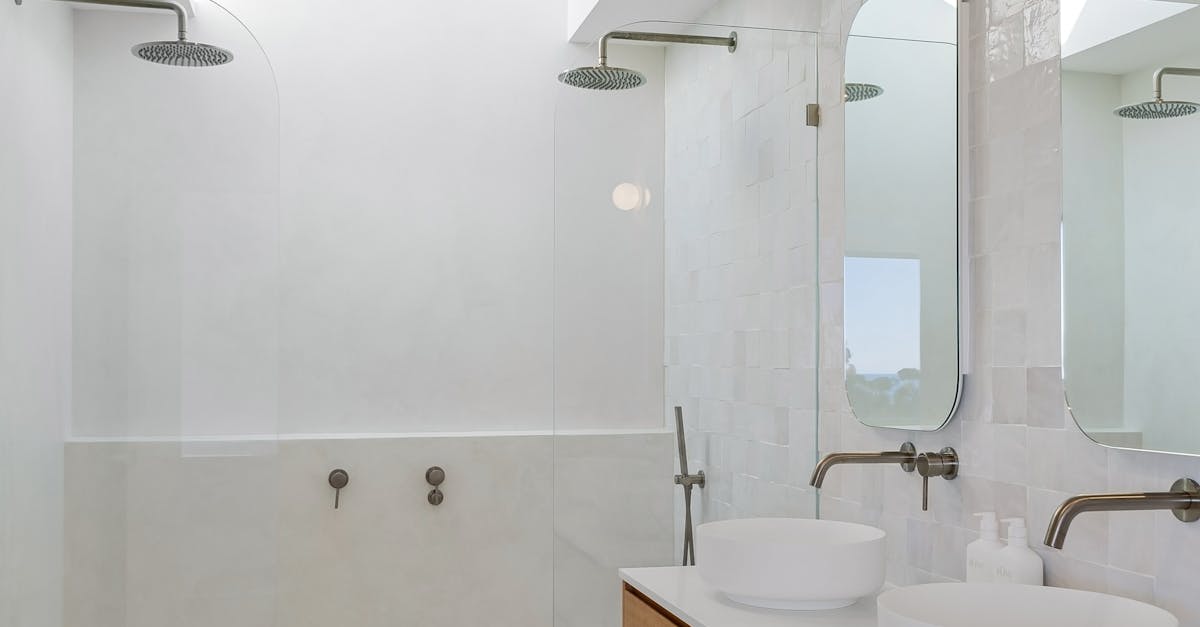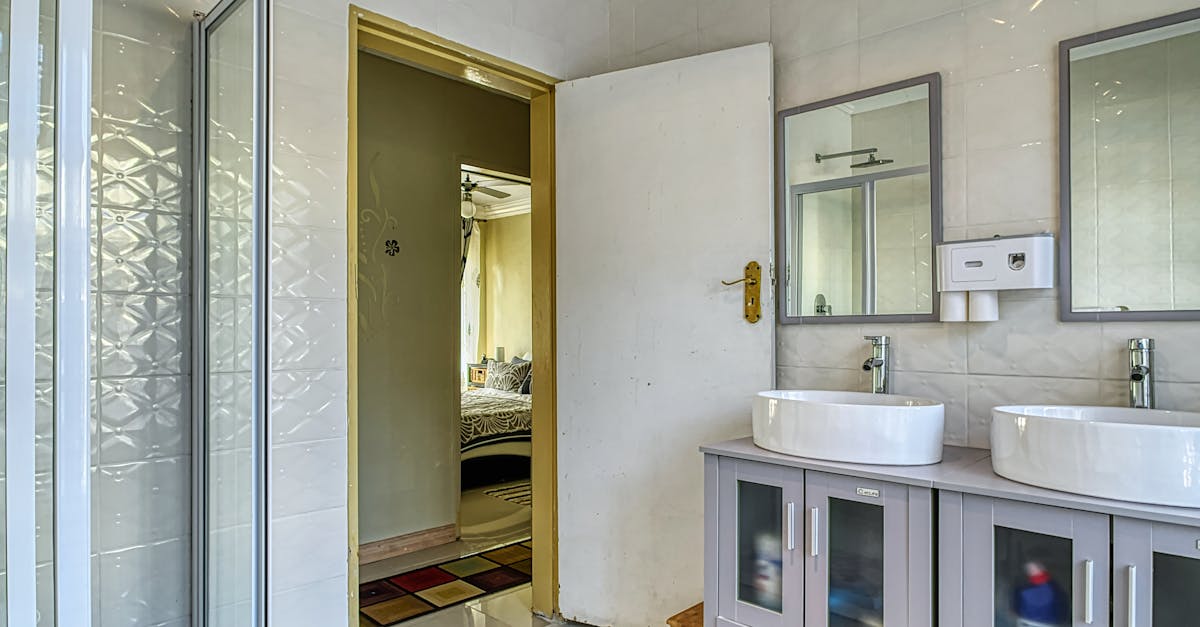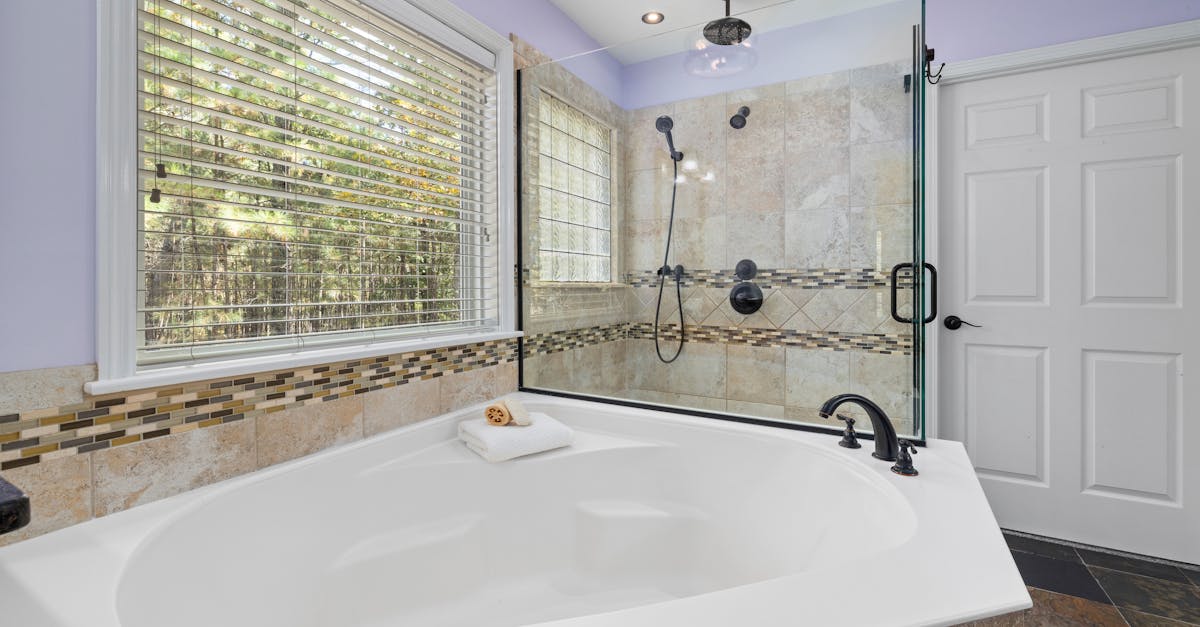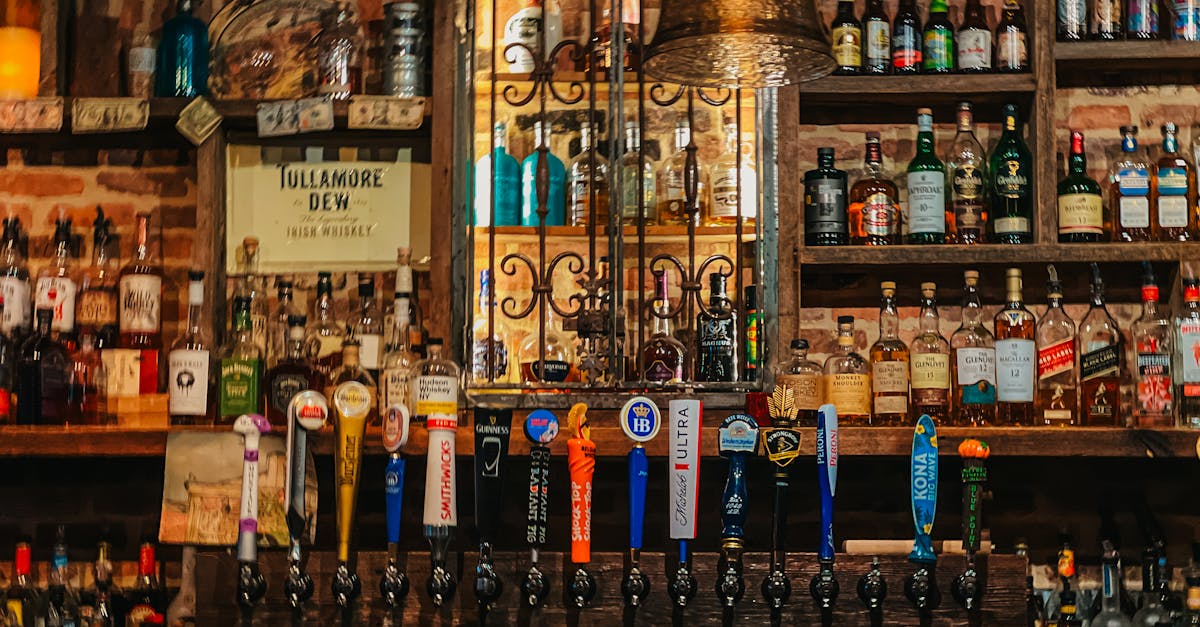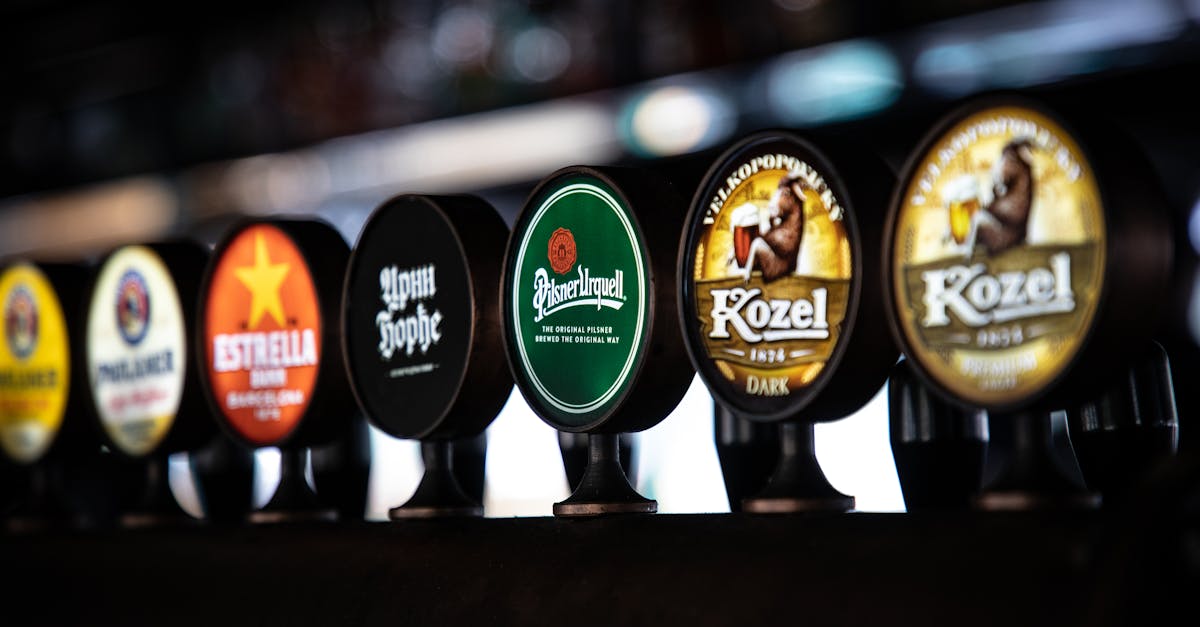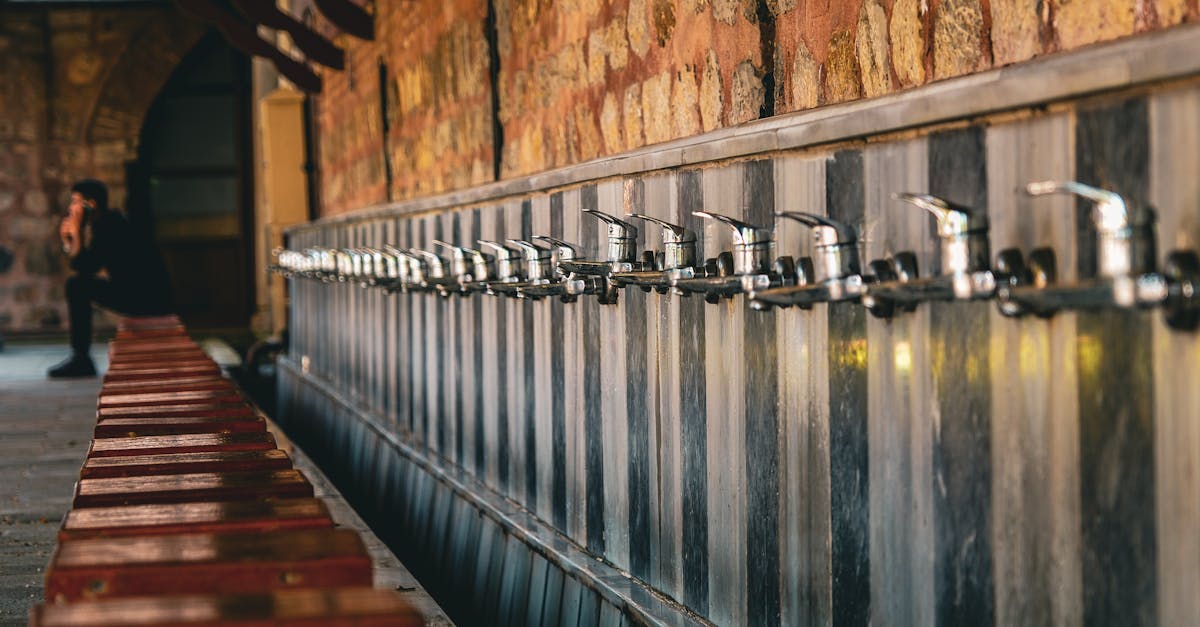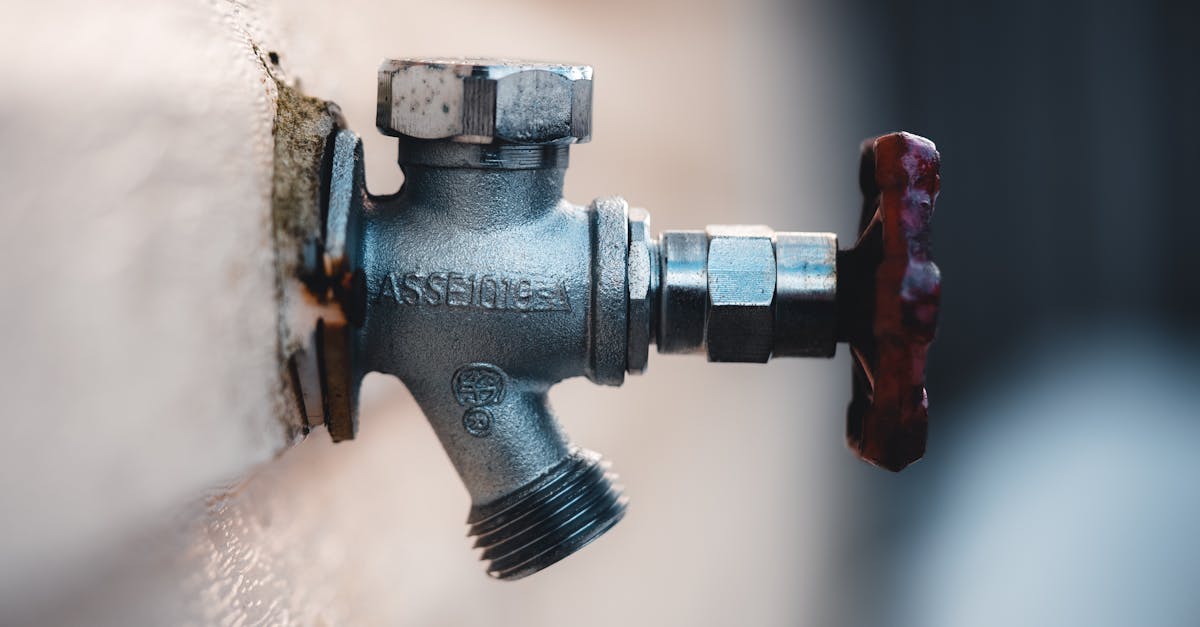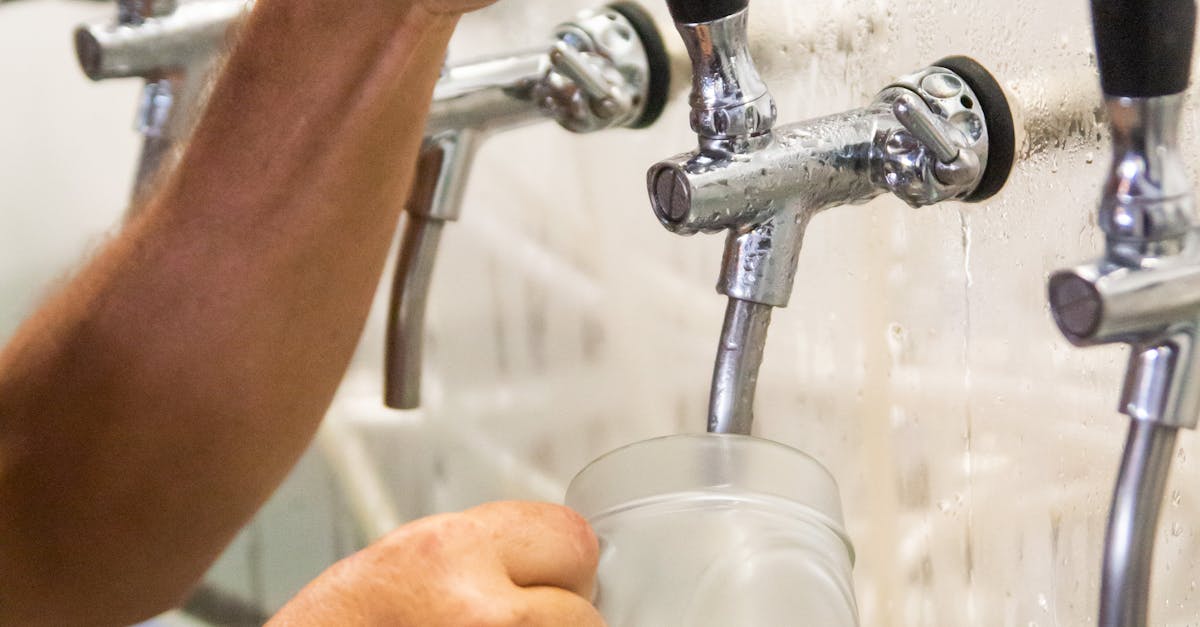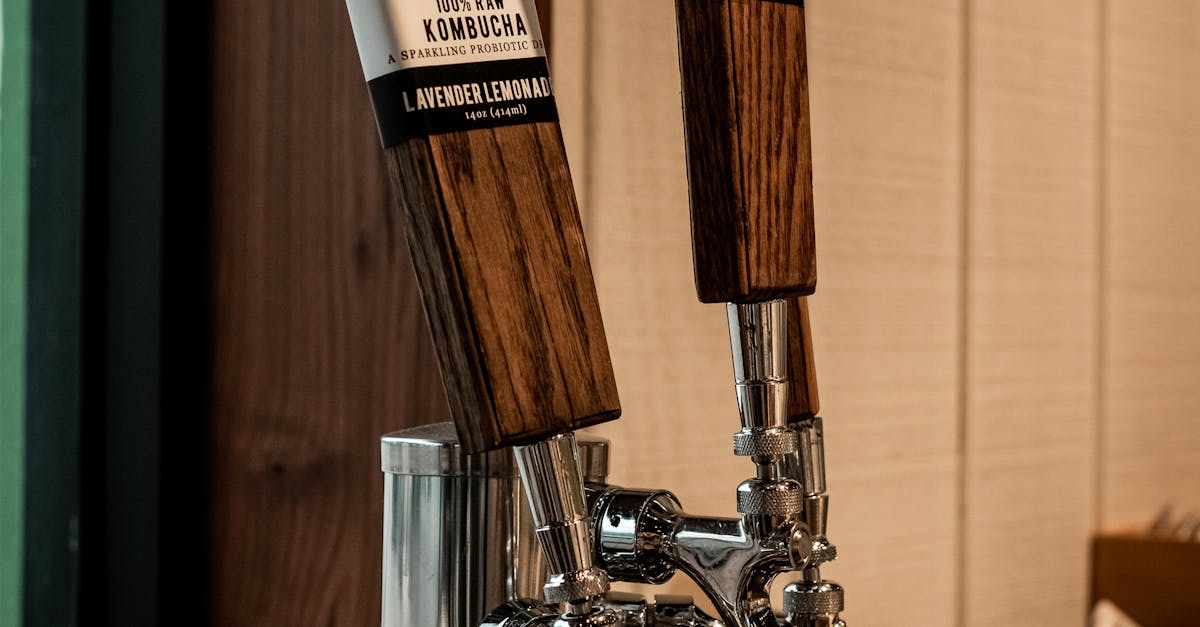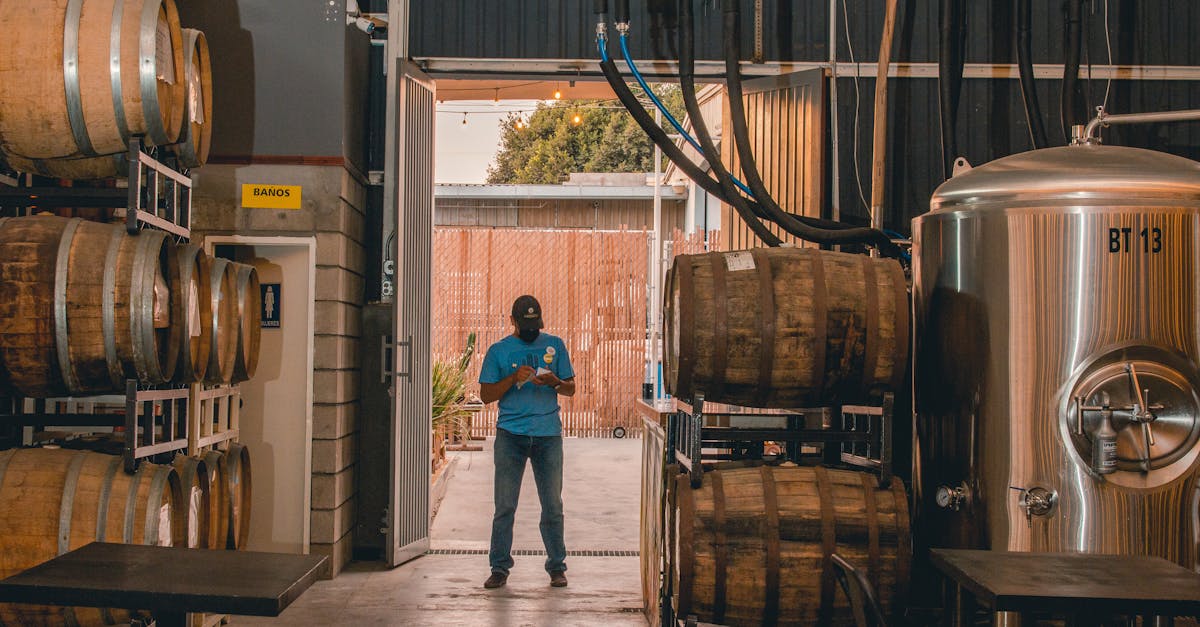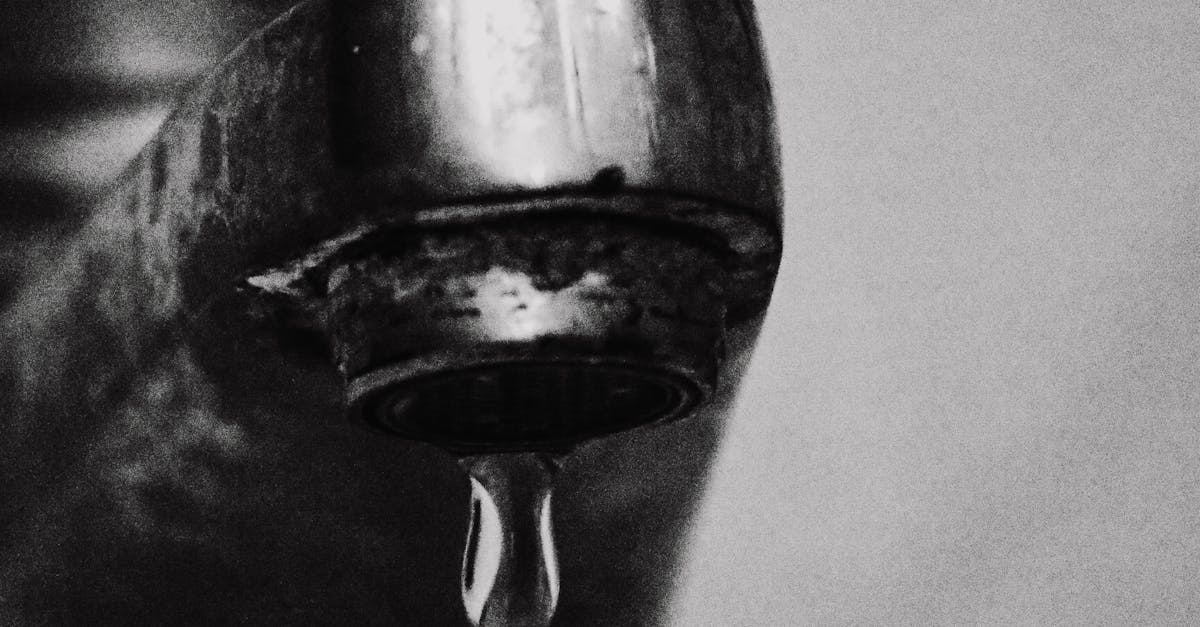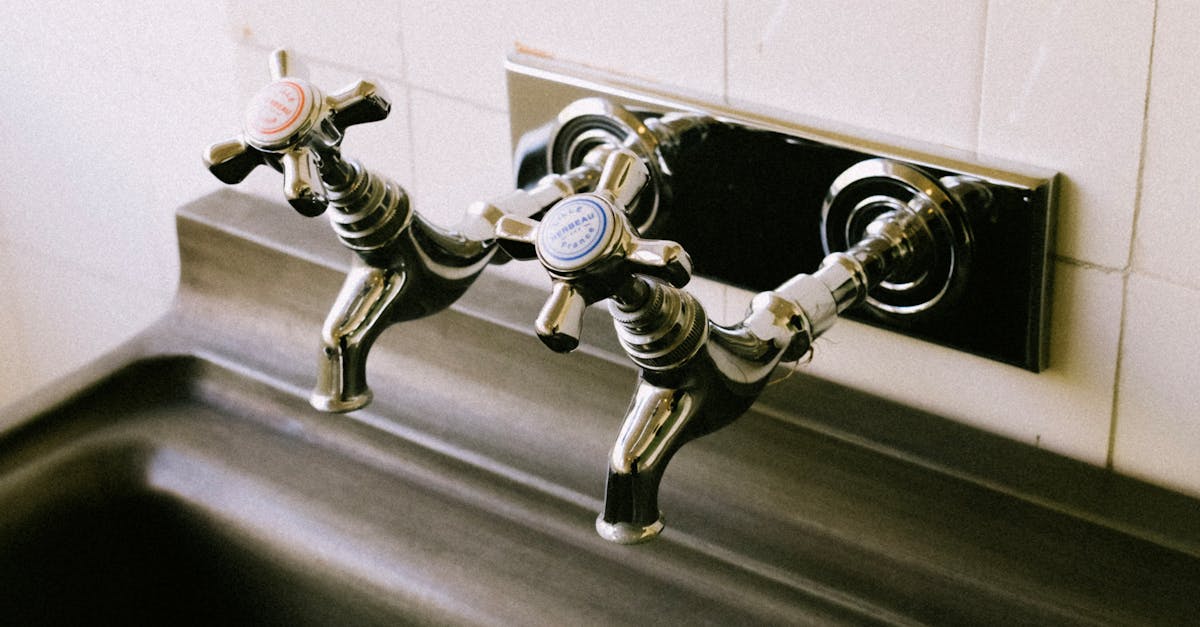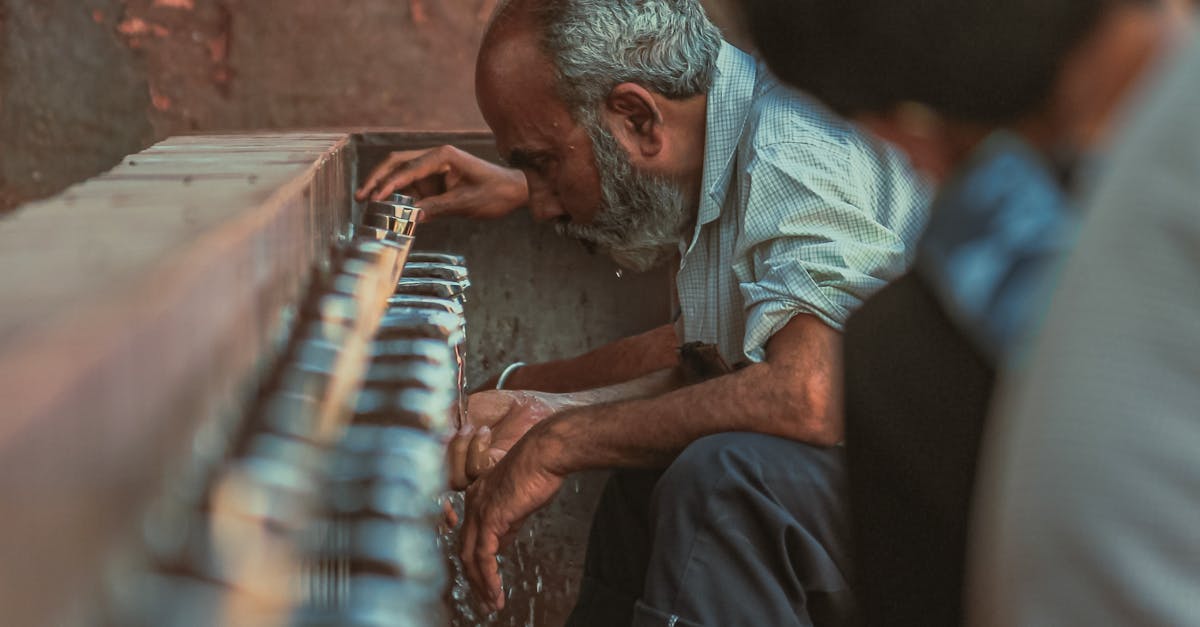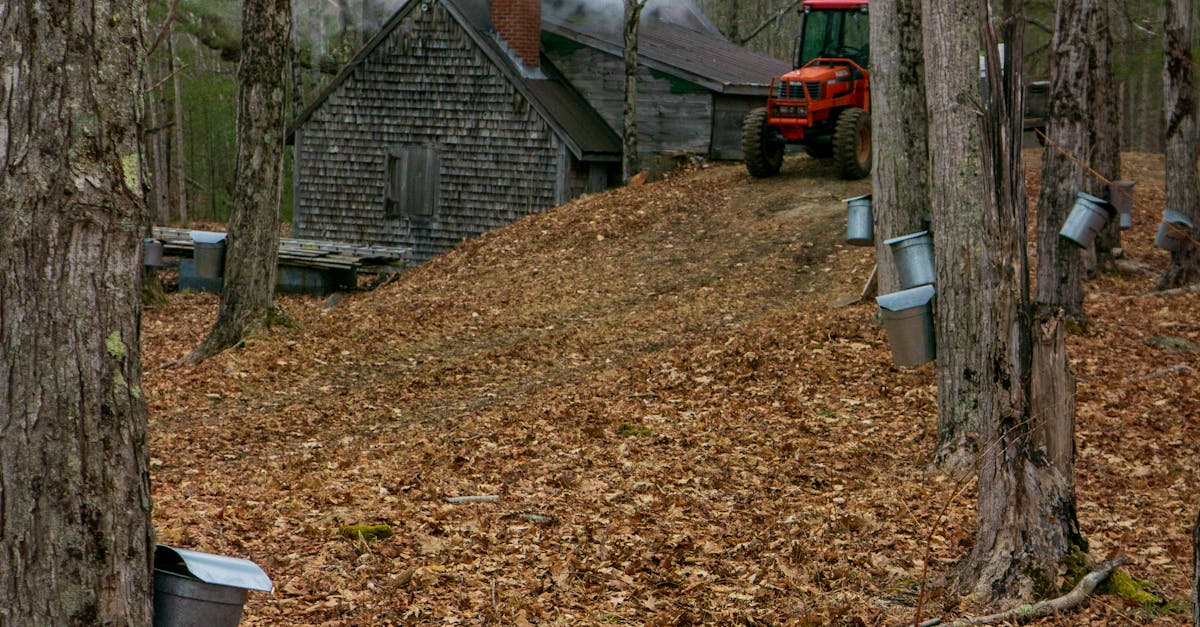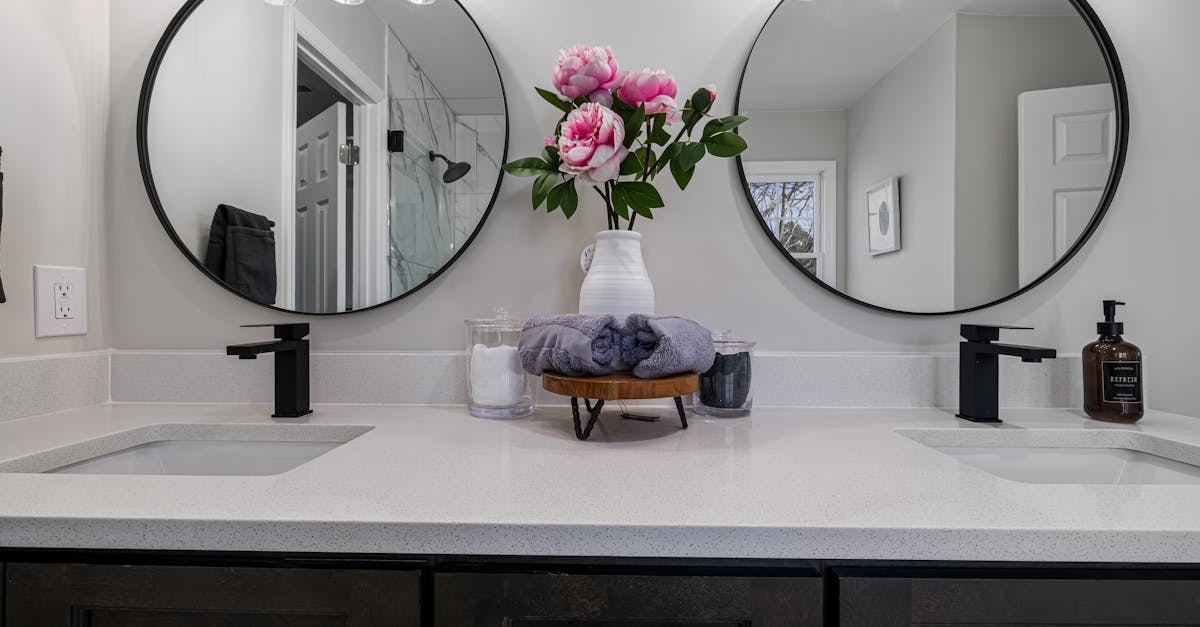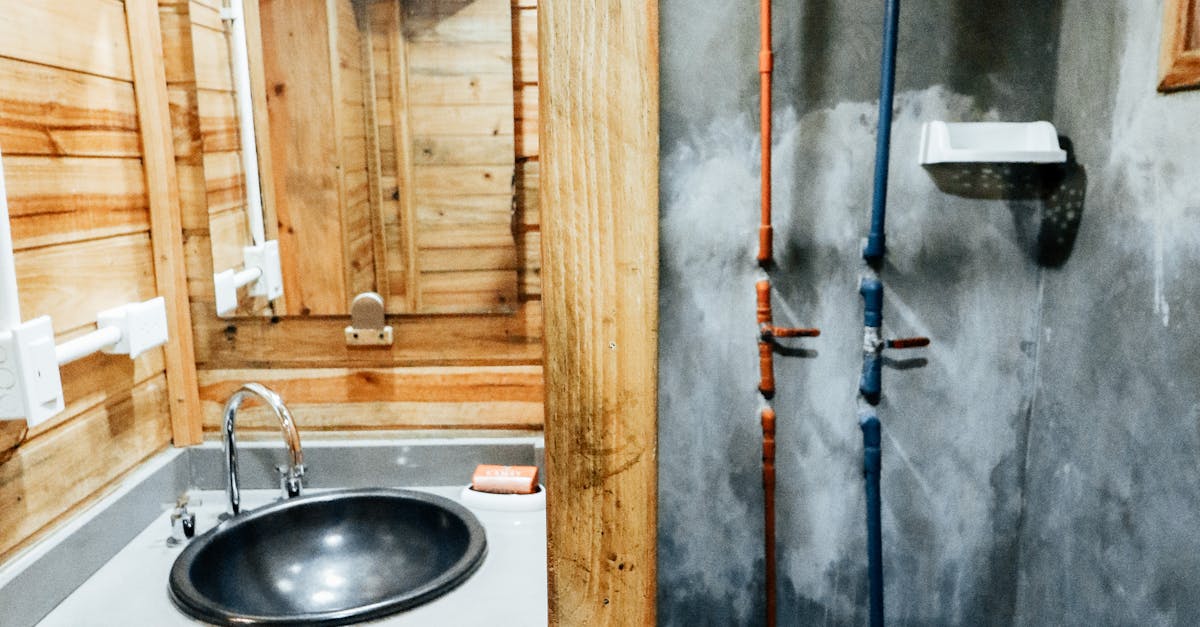
Table Of Contents
Adjusting the Faucet Valve
Adjusting the faucet valve can often rectify the issue of leaking taps. Start by turning off the water supply to the faucet. This step prevents any accidental spills while you work on the valve. Once the supply is off, carefully remove the handle and the decorative cap, if applicable. This gives you access to the valve cartridge or seat, which may need tightening or replacing. Ensure all components are free from debris, as dirt build-up can also contribute to leaks.
After making the necessary adjustments, reassemble the faucet and turn the water supply back on. Check for any signs of continued leaking taps. If water still drips or seeps after your adjustments, it may be time to consider replacing the washer or O-ring. Over time, these parts can wear out and cause persistent leaks. Regular inspections of your tap's components can significantly reduce the likelihood of further issues arising.
Tips for FineTuning the Valve Mechanism
Fine-tuning the valve mechanism in your faucet can effectively reduce or eliminate leaking taps. Start by identifying the type of faucet you have, as different designs require specific adjustments. For compression faucets, ensure the packing nut is tightened securely. If you have a cartridge faucet, removing the handle can reveal a retaining clip that may need adjusting. Always handle parts with care to prevent causing further damage.
After making adjustments, test the faucet to check for any remaining drips. If leaking taps persist, consider replacing worn washers or O-rings, as these components often contribute to water leakage. Regularly inspecting your faucet's components can help catch issues early, saving you from extensive repairs down the line. Use a few drops of plumber’s grease on the moving parts to ensure smooth operation and enhance longevity.
When to Seek Professional Help
Recognising when to seek professional help is crucial for addressing leaking taps effectively. Homeowners may initially overlook the issue, assuming it’s a minor nuisance. If the dripping persists despite your attempts to fix it, or if you notice water pooling under the sink, it’s a clear indicator that the problem may extend beyond a simple valve adjustment.
Certain warning signs can indicate a more extensive plumbing issue that requires expert attention. If you experience significant water pressure changes or hear unusual noises from your plumbing system, these may signal underlying problems. Leaking taps can sometimes be symptomatic of damaged pipes or fixtures, making it essential to consult a qualified plumber for a thorough assessment.
Signs That Indicate a Need for Expert Plumbing Services
Leaking taps can often signal underlying issues that require professional attention. If you notice persistent dripping despite your efforts to fix or adjust the faucet valve, it may indicate a more serious problem within the plumbing system. Factors like water pressure irregularities or deteriorating pipes can exacerbate the issue and lead to increased water bills and potential water damage in your home.
Another sign that it’s time to call in a plumber is when you experience low water pressure alongside leaking taps. This could suggest a blockage in your plumbing that needs to be professionally assessed. Additionally, if you observe rust stains or visible corrosion around the tap area, it’s best to consult with an expert who can accurately diagnose the problem and recommend effective solutions.
Preventive Measures for Future Drips
Regular maintenance of your taps is essential to prevent any future drips. Inspecting and cleaning the faucet aerators and cartridges can help remove any debris that may lead to leaks. Tightening any loose connections and ensuring the seals are in good condition will also minimise the risk of leaking taps. Consider applying plumber’s grease to the threads of the faucet parts during reassembly to enhance their longevity and efficacy.
In addition to routine checks, being mindful of how you use your taps can help avoid problems down the track. Avoid turning the handles too forcefully, as this can cause undue wear on the internal components. If your home’s water pressure is high, it might be prudent to install a pressure-regulating valve. This simple addition can significantly reduce the strain on your plumbing fixtures, effectively lowering the chance of experiencing leaking taps in the future.
Maintenance Tips to Avoid Dripping Taps
Regular maintenance can significantly reduce the likelihood of experiencing leaking taps. Start by inspecting your faucets periodically for any signs of wear and tear. Check washers and O-rings for deterioration, as these components are often the first to fail. Replacing worn parts promptly can save you from unexpected drips down the line. Additionally, cleaning aerators and screens will ensure proper water flow and prevent mineral buildup, which can lead to further issues.
Furthermore, consider the overall condition of your plumbing system. If you notice fluctuating water pressure, it might indicate underlying problems that could contribute to leaking taps. Implementing a routine inspection schedule can help catch minor issues before they escalate. Educating yourself about basic plumbing knowledge can empower you to perform essential maintenance tasks, ultimately prolonging the life of your taps and minimising the risk of leaks.
FAQS
What are the common causes of a dripping tap?
Common causes of a dripping tap include worn washers, corroded valve seats, loose faucet components, and faulty O-rings.
How can I tell if my tap needs a new washer?
If your tap is dripping continuously, or if you can hear water running even when the tap is turned off, it's a good indication that the washer may need replacing.
Can I fix a dripping tap myself?
Yes, many tap issues can be resolved with basic DIY skills. Adjusting the faucet valve or replacing washers and O-rings are tasks that most homeowners can tackle.
What tools do I need to fix a dripping tap?
Basic tools such as a screwdriver, adjustable wrench, and pliers are typically sufficient for most tap repairs. You may also need replacement parts depending on the issue.
When should I call a plumber for a dripping tap?
You should consider seeking professional help if you notice persistent dripping despite your attempts at repair, if there are multiple taps dripping, or if there are signs of water damage around the fixtures.
